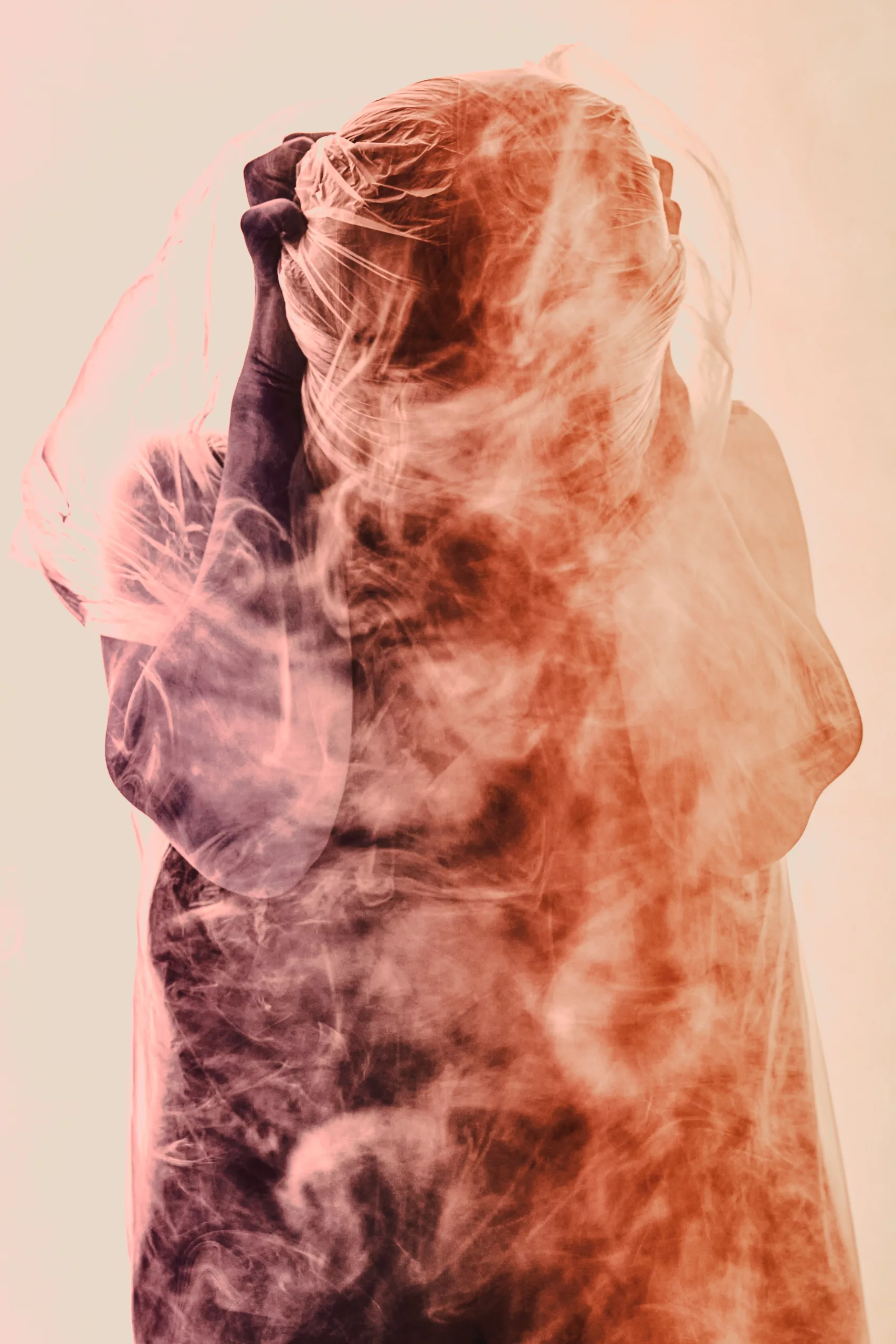
The passing of a loved one is a deeply profound and emotional experience that often leaves family and friends grappling with a range of emotions. During this challenging time, funerals play a pivotal role in grieving, providing a space for healing and remembrance. However, it is crucial to understand that funerals are not for the deceased but for the living. Let us explore why funerals are a vital and meaningful part of the grief journey.
A Platform for Expression and Closure
Funerals offer a safe and structured environment for mourners to express their grief openly. Sharing tears, stories, and memories with others who are also mourning can be therapeutic and comforting. Funerals provide a sense of closure, allowing individuals to accept the loss's reality and begin moving forward.
Honouring and Celebrating the Life Lived
Funerals are a poignant opportunity to honour and celebrate the life lived by the departed. They offer a chance to reflect on the person's accomplishments, values, and the positive impact they had on the lives of others. By celebrating their life, mourners find solace in knowing their loved one's legacy will live on in their hearts and memories.
Support and Comfort in the Community
Grief can be an isolating experience, but funerals unite people in a shared expression of loss. Being surrounded by family, friends, and community members can provide a network of support and comfort during a challenging time. The communal nature of funerals helps individuals feel less alone in their grief and fosters a sense of unity in the face of sorrow.
Acknowledging the Pain of Loss
Funerals provide a designated space for individuals to confront and process the pain of loss. Suppressing grief can harm emotional well-being, but funerals encourage mourners to engage their feelings and find healthy ways to cope with the emptiness left by the departed.
Rituals and Traditions for Coping
Funerals often involve rituals and traditions that have been passed down through generations. These customs offer a sense of continuity and cultural identity in the face of loss. Engaging in familiar rituals can bring comfort and normalcy during a time of upheaval.
A Time for Reflection and Meaning-Making
Funerals prompt mourners to reflect on life's fragility and the impermanence of existence. Contemplating mortality can lead individuals to find deeper meaning and purpose. Funerals encourage a sense of gratitude for the time shared with the departed and inspire a desire to live life to its fullest.
Healing Through Shared Mourning
In sharing their grief, mourners experience the collective power of shared mourning. Expressing emotions and stories in the company of others who loved and cared for the deceased can foster emotional connections and healing.
Funerals are a profound expression of the human experience, affirming the importance of honouring life and supporting one another during loss. They offer a platform for the living to express their grief, find closure, and cherish the memories of their loved ones. While the pain of loss is undeniable, funerals remind us that the journey of grief is also one of healing, reflection, and the enduring power of human connection.




